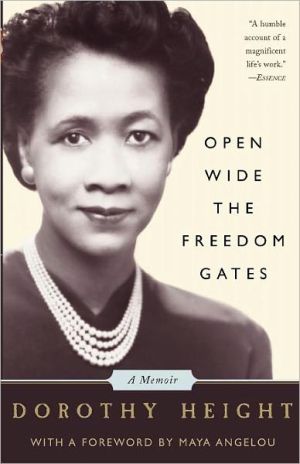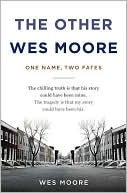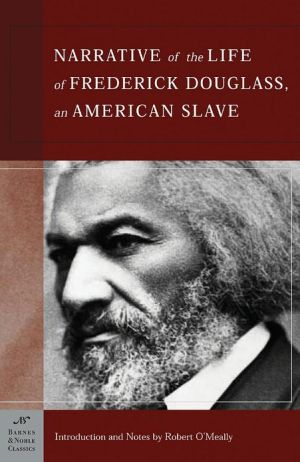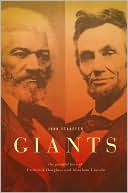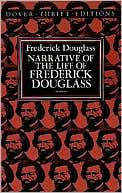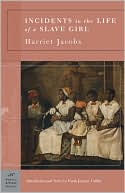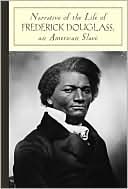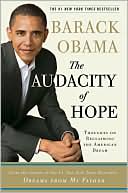Open Wide the Freedom Gates: A Memoir
Dorothy Height marched at civil rights rallies, sat through tense White House meetings, and witnessed every major victory in the struggle for racial equality. Yet as the sole woman among powerful, charismatic men, someone whose personal ambition was secondary to her passion for her cause, she has received little mainstream recognition--until now. In her memoir, Dr. Height, now ninety-one, reflects on a life of service and leadership. We witness her childhood encounters with racism and the...
Search in google:
A heroine of the Civil Rights Movement tells the remarkable story of her life, her work, and what it means to be both black and a womanThe New York TimesThough Height offers no startling insights into the momentous events she has lived through or the influential people she has known, her book gives a poignant short course in a century of African-American history.—Gioia Diliberto
In November 1937, one month after I began working at the Harlem YWCA, I met Mary McLeod Bethune and Eleanor Roosevelt on the same day. Mrs. Bethune was hosting a meeting of the National Council of Negro Women, which she had founded two years before. Mrs. Roosevelt, America's First Lady, was to speak. As the newest member of the YWCA staff, I was assigned to greet Mrs. Roosevelt and escort her to the meeting.\ \ I alerted the receptionists at the two main doors to let me know immediately when Mrs. Roosevelt arrived. We were very excited, and each minute anticipating her arrival seemed like an eternity. Then, all of a sudden, one of the janitors ran up. Mrs. Roosevelt had entered through the service entrance and was making her own way toward the auditorium.\ \ I saw my little job going up in smoke. Greeting the First Lady was my only assignment, and I had muffed it. Who would have thought that Mrs. Roosevelt would park her own car on a Harlem street and come through the service entrance?\ \ I intercepted her just before she got to the auditorium. I caught my breath, greeted her warmly, and escorted her inside.\ \ Mrs. Roosevelt gave an exciting speech. She wanted to get to Hyde Park before dark, but Mrs. Bethune persuaded her to stay long enough for the women to serenade her with "Let Me Call You Sweetheart."\ \ As Mrs. Roosevelt gathered her things, Mrs. Bethune turned to me.\ \ "What is your name?" she asked.\ \ "Dorothy Height," I whispered.\ \ "I want to talk to you," she said. "We need you."\ \ I escorted Mrs. Roosevelt to her car--properly, this time--and waved goodbye. By the time I returned, Mrs. Bethune had already appointed me to the Resolutions Committee of the National Council of Negro Women.\ \ On that fall day, the redoubtable Mary McLeod Bethune put her hand on me. She drew me into her dazzling orbit of people in power and people in poverty. I remember Mrs. Bethune made her fingers into a fist to illustrate for the women the significance of working together to eliminate injustice. "The freedom gates are half ajar," she said. "We must pry them fully open."\ \ I have been committed to the calling ever since.\ \
\ From Barnes & NobleThe Barnes & Noble Review\ One of the most important figures in the civil rights movement, Dorothy Height stood shoulder to shoulder in the fight for racial equality with towering icons like Martin Luther King Jr., Malcolm X, and Roy Wilkins. Yet, amazingly, her name is barely recognized in mainstream circles. Hopefully, this perfect little gem of an autobiography, written with the eloquence and modest grace that has informed every aspect of its author's remarkable life, will go a long way toward rectifying this oversight. \ Born in 1912, Height grew up the smartest girl in Rankin, Pennsylvania, a melting pot of European immigrants and American-born whites and blacks, where she learned early on to respect people's differences and to seek solutions to problems in a spirit of cooperation and inclusion. A natural leader, a persuasive orator, and a skilled facilitator, she found her life's work in the struggle for racial equality and social justice, quickly rising through the ranks in organizations ranging from the YWCA to the National Council of Negro Women and catching the attention of powerful civil rights leaders -- who were smart enough to involve her directly in top-level decisions.\ In a life that spanned most of the 20th century, Height has rubbed elbows with W.E.B. Du Bois, Eleanor Roosevelt, and Langston Hughes; she has advised ten presidents and received countless awards. Yet, one of the great charms of this memoir is its unassuming tone. As she lived, so has she written: Dorothy Height has managed to make the prodigious accomplishments of her distinguished 70-year career look like a cooperative effort she was "honored" to be part of. Anne Markowski\ \ \ \ \ \ Milwaukee Journal-SentinelThe memoir reveals a woman with the capacity to learn and grow continuously, a woman passionate about doing good.\ \ \ The New York TimesThough Height offers no startling insights into the momentous events she has lived through or the influential people she has known, her book gives a poignant short course in a century of African-American history.—Gioia Diliberto\ \ \ \ \ New York Times Book ReviewOpen Wide the Freedom Gates gives a poignant short course in a century of African-American history.\ \ \ \ \ Publishers WeeklyCivil rights activist and leader Height looks back on seven decades of crucial work-as speaker, social worker, protestor; as a member of the national staff of the YWCA from 1944-1977 and president of the National Council of Negro Women from 1957-1998-in this thorough but impersonal memoir. Height reports Molotov cocktails and secret civil rights meetings in back rooms, along with more quotidian aspects of racism-being invited by mistake to rush a white sorority, for example-with the same smooth tone. Although the changes Height helped bring about were dramatic, her manner is not. To adverse events, she was creative rather than reactive: her response to a TV program called "The Vanishing Black Family," for example, was to organize the Black Family Reunion celebrations. Of particular interest is her account of her close relationship with Mary McLeod Bethune and Eleanor Roosevelt, and her restoring to the history of the Civil Rights Movement the important role played by the little-known Wednesdays in Mississippi project, in which "biracial, interfaith teams of distinguished women" held weekly meetings that established "a ministry of presence." Dignity, discretion and a certain delicacy-the very elements that made her such an effective agent for social change-make her memoir a somewhat prosaic book. It chronicles days of committees, conferences and conventions, of persistent pushing for change while working within existing structures. It is a public account of public activities, an autobiographical record with none of the intimacy of the memoir. Its value for historians of the civil rights era and of black women's organizations is central, but although Height was always there, she doesn't take the reader with her. 8 page b&w photo insert not seen by PW. (June) Copyright 2003 Reed Business Information.\ \ \ \ \ Library JournalBorn in Richmond, VA, in 1912 and raised in the steel and mining country outside Pittsburgh, Height imbibed determination early along with the uplifting, public-service spirit of the colored women's club movement, she explains here in telling her 90-plus-year story of personal, political, gender, and racial struggle to keep the faith and fight for right. Height was a leading force in civil rights decades before 1958, when she became president of the National Council of Negro Women (NCNW). A Depression-era welfare worker in Brooklyn, NY, she rose to counsel U.S. Presidents and become a national and international ambassador making common cause at home and abroad for racial and gender equity. She recounts events and persons who made a difference to her and her work to improve life in deprived communities, first in America and then in Africa, Asia, and around the world. Height offers an intimate and extended vision of the Civil Rights movement, from a very special black woman's perspective. This memoir by a recipient of the Presidential Medal of Freedom is essential for any collection on civil rights, black women, or 20th-century U.S. history.-Thomas J. Davis, Arizona State Univ., Tempe Copyright 2003 Reed Business Information.\ \
